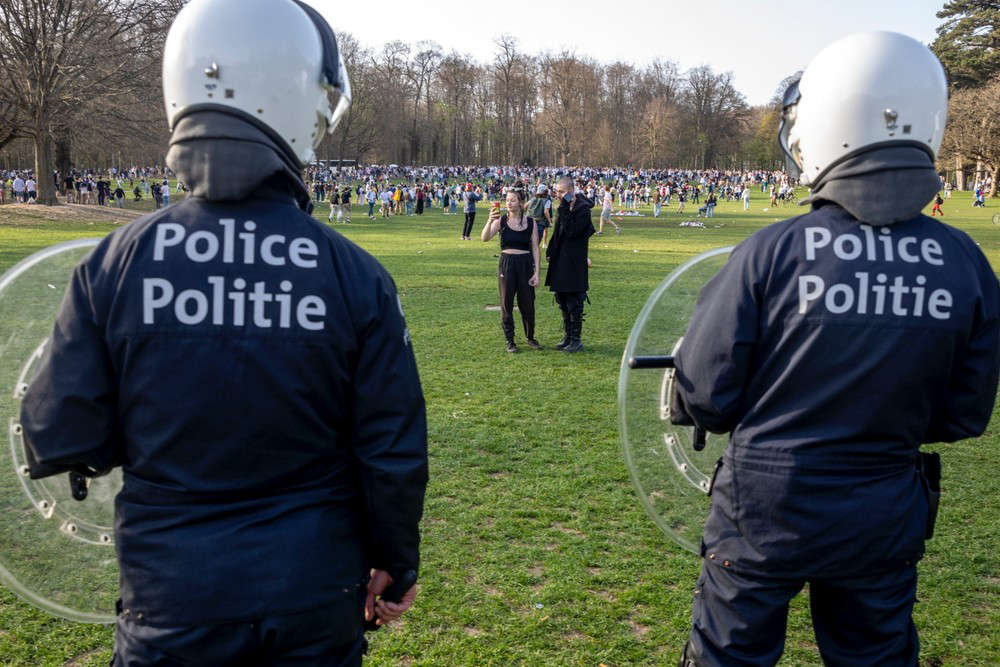A working group has been tasked with improving the way police officers in Belgium deal with children and young people during interventions in response to rising tensions between the two.
The tool should help to break the "vicious circle of mutual incomprehension and distrust" between police and young people, according to Home Affairs Minister Annelies Verlinden, who announced the new system on Monday.
"In recent years, the tension between young people and the police has increased, among other things because of interventions in protests and identity checks," said Verlinden.
The adapted procedure will be worked on by the newly created Child and Youth Test working group, which met for the first time last week. Its main goals are to improve the relationship between the two parties in both directions by setting out clear guidelines that the police can use during interventions involving young people.
The body will be made up of various parties who could play a relevant role in solving the issue, from representatives of the criminal law chain to youth organisations and representatives of children and young people, as well as ministers responsible for youth affairs and justice.
"By understanding each other's needs and adapting the approach and procedures of the police to young people, we restore trust in each other," Verlinden said.
During the first meeting, the group examined existing procedures relating to enforcement and young people, whilst specific themes will be discussed in sub-working groups during the following meeting. The findings will be used to develop concrete proposals to improve the interaction between children, young people and the police.
'Harrowing experiences and lack of respect'
In addition to the tool, police will receive new training with a particular focus on dealing with children and young people during interventions. Police infrastructure, which is not always welcoming to younger people, will be scrutinised.
The need for a more concrete policy comes in light of increasingly intense recent incidents, including when officers evacuated groups of students who were partying in Ghent in violation of the public health measures in place at the time; this lead to the police being attacked. Similarly, the police intervention during the La Boum events in Brussels, where many attendees were young people, provoked outbursts of violence.
A study conducted by the VGC Youth Council dating from this period showed that four out of five young people don’t feel safe when coming into contact with the police.
"In some cases, this led to harrowing experiences and a lack of understanding of the actions of the police, which may sometimes be unjustified. Police officers, in turn, got the feeling that young people did not respect them," Verlinden explained.
The timeframe for the working group to develop this new procedure is not yet clear.

